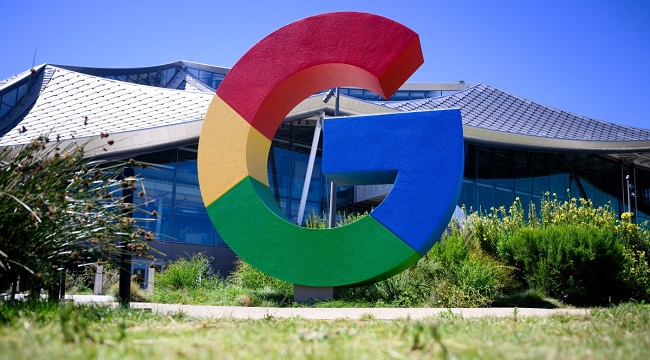
A U.S. judge ruled on Thursday, April 17 that Google illegally monopolizes the online advertising technology market, causing a major blow to the technology giant’s revenue stream. The federal government, as well as more than a dozen U.S. states, has filed an antitrust lawsuit accusing Gloss’ parent company Google of using illegal practices to rule over three key areas of digital advertising: publisher advertising servers, advertiser tools and advertising exchanges.
The lawsuit is one of two major federal cases against Google, which could lead to the company being broken down, which would reduce its impact on the technology community. This legal action is part of a broader government effort to curb the power of large-scale technologies.
The plaintiffs claimed that most websites rely on three Google adware products, leaving publishers without a viable alternative to company technology. District Court Judge Leonie Brinkema largely agreed with the assertions, ruling that Google has made an illegal monopoly on the adware and tools used by publishers. However, she partially dismissed claims related to the tools used by advertisers.
“Google intentionally engages in a series of anti-competitive behaviors to acquire and maintain monopoly in the publisher’s advertising server and advertising exchange market for Open-Web display advertising,” Justice Brinkma said in the ruling. She further explained that Google strengthened its monopoly by implementing anti-competitive policies on its clients, which adversely affects competitors and publishers. The behavior “severely harms Google’s publisher customers, the competition process, and ultimately harms consumers who open up information on the web,” she said.
In response, Google vowed to appeal the decision. “We won half of this case and we will file a lawsuit against our other half,” said Lee-Anne Mulholland, vice president of regulatory affairs at Google. She added: “The court found that our advertiser tools and our acquisitions, such as DoubleClick, do not harm the competition.”
Evelyn Mitchell-Wolf, a senior analyst at eMarketer, noted that the ruling marked a shift in antitrust actions against Google and other digital advertising giants. She noted that the consequences of the case will depend on the legal remedies imposed, and it may take years for Google to implement if it loses the appeal.
The case is part of a broader U.S. administration’s efforts under the leadership of Trump and Biden administrations to take a more aggressive stance on antitrust law enforcement. After a relatively quiet period of antitrust prosecution after the Microsoft case in the late 1990s.
In addition to the ongoing online advertising technology cases, Google faces antitrust scrutiny of its major search engines. Last August, a U.S. judge ruled that Google also maintained a monopoly in the field, and the company has appealed.
The results of this latest case have a significant impact not only on Google, but also on the wider advertising industry. Drive most of Google’s profits through online advertising, any change in its strengths can seriously affect vulnerable publishers who rely on company technology.
As the case progresses, the plaintiff’s remedies may include a mandatory breakdown of Google’s advertising business. Advocacy groups praised the decision as a win for consumers, some requiring more drastic action, such as the structural breakdown of the company.
